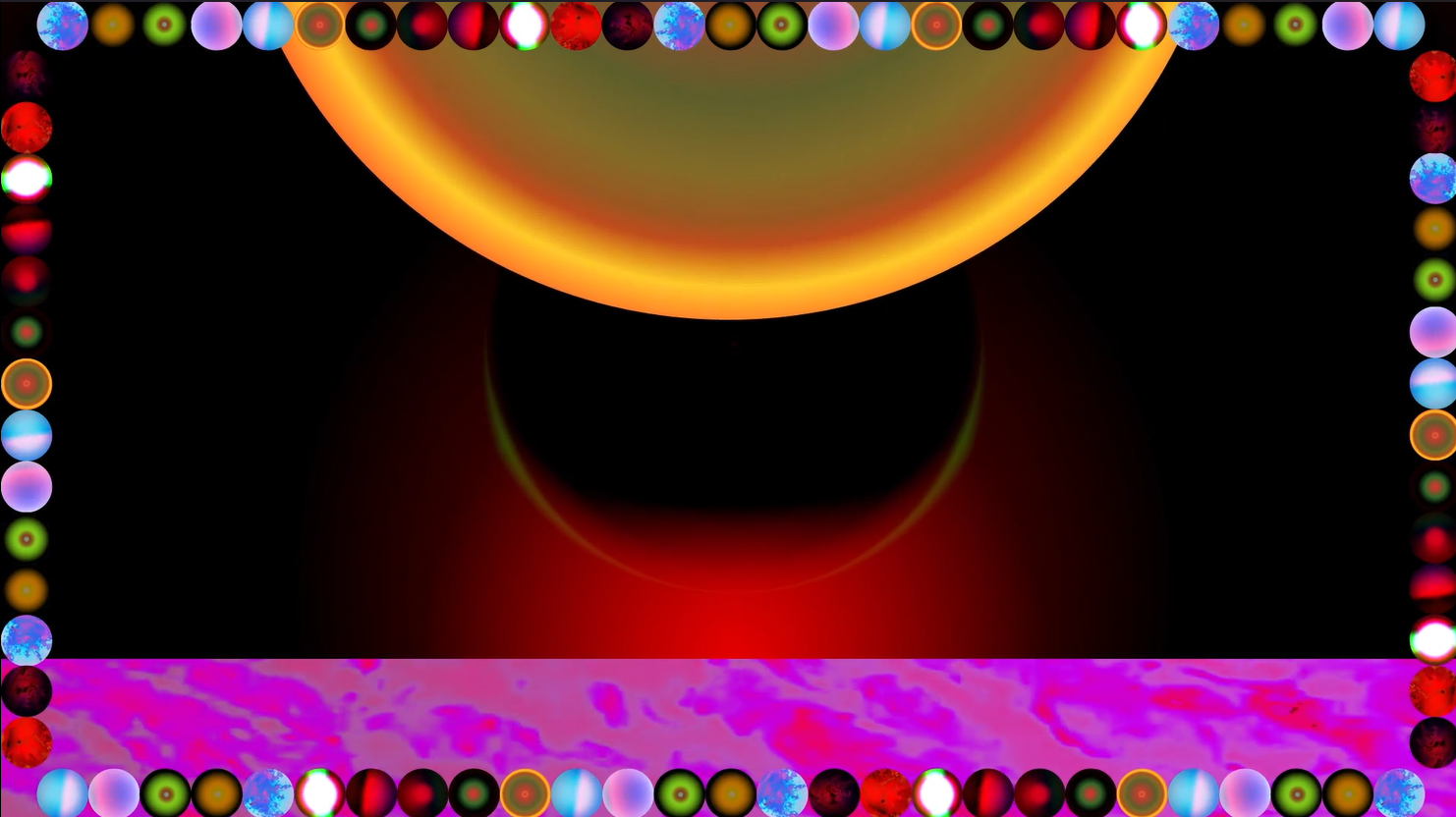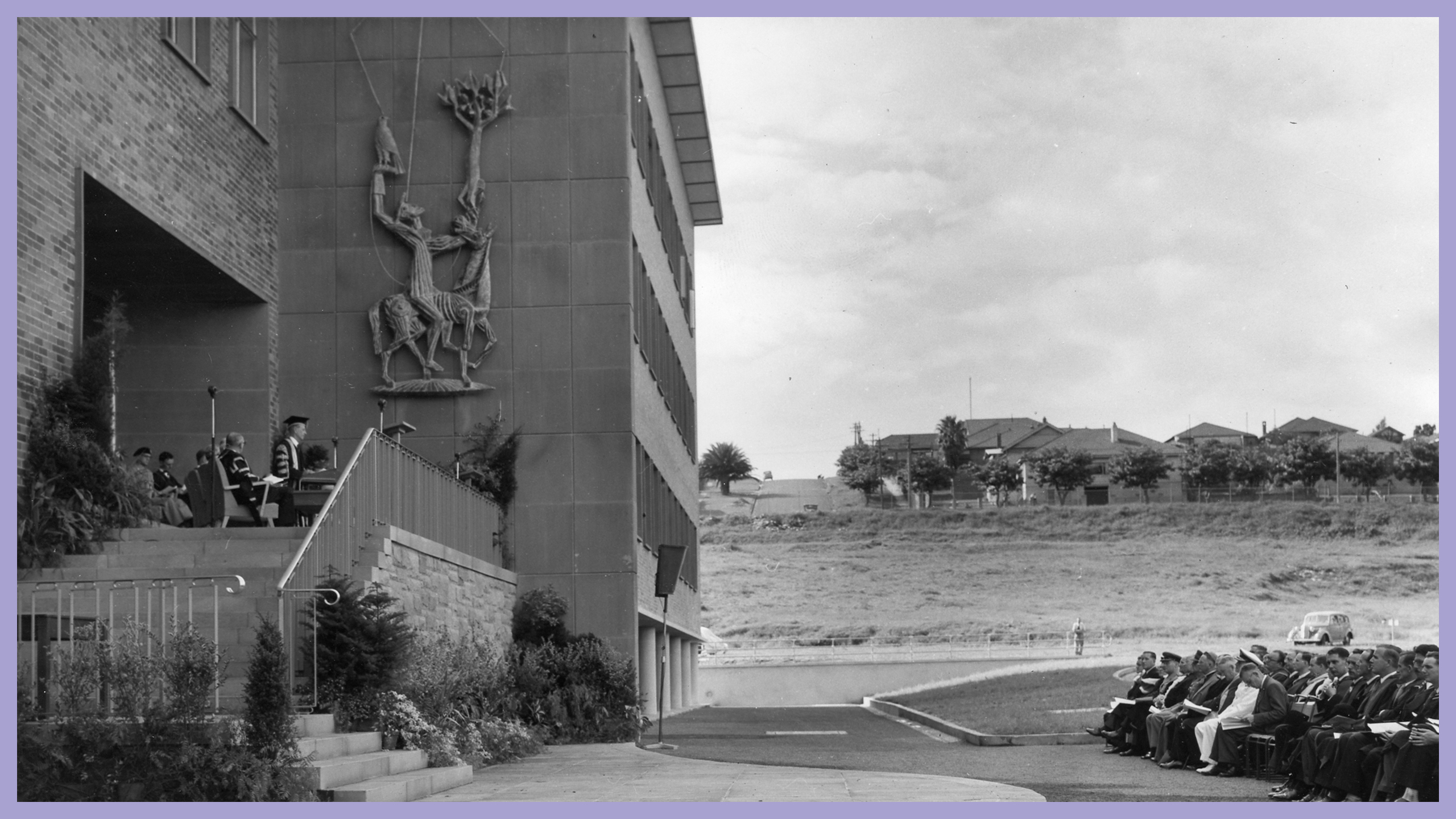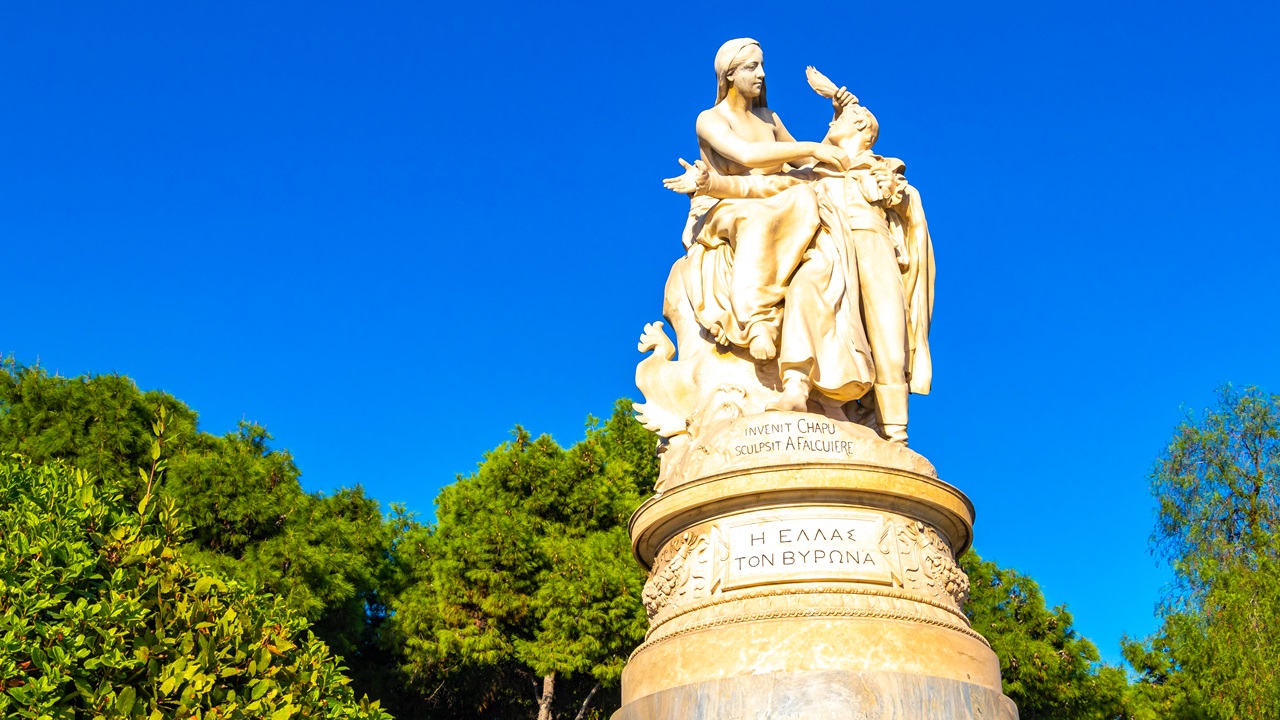Accidental Creatures: Whitehead’s creativity and the general antagonism of social life
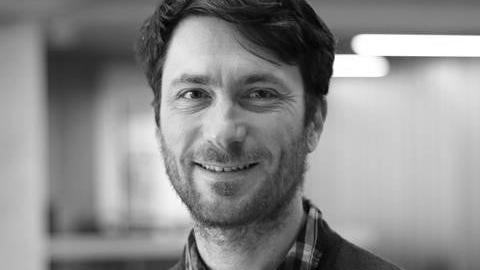
The STEAM Initiative in the School of Science, UNSW Canberra explores the intersections between STEM subjects and the Arts in terms of the specific knowledges, philosophies, or skill sets they bring. It seeks to raise questions about the ways that life today is shaped by complex entanglements of technological, biological, geological, aesthetic, and atmospheric processes (and much else besides), from the scale of the planetary right down to the bodily.
The inaugural event of the STEAM Initiative is a seminar delivered by Dr David Rousell (RMIT University) entitled, ‘Accidental Creatures: Whitehead’s creativity and the general antagonism of social life’.
Abstract:
This seminar follows the curve of a speculative thought experiment provoked by a question: What might social inquiry look like if we approached every event as a creative accident? This question follows from Isabelle Stengers’ (2011) constructivist reading of Whitehead’s (1978) Process and Reality, which proposes creativity as the ‘production of novel togetherness’ amongst actual occasions (or ‘creatures’) of experience. Whitehead’s speculative empiricism attributes experience not only to humans, but to all things that exist. Within this speculative account of experience, “to exist” is to participate in a world made from creative activity, a world constituted anew, in each moment, through the relational interplay between creatures of experience as they come into mutual expression. Whitehead’s philosophical approach therefore differs markedly from a linear metaphysics of cause and effect relationships, because according to his ontological principle, an event of experience can only ever be its own cause. This means that every event is considered an accident of creativity, as conditioned by the specificity of the relations through which it comes into existence.
Stengers (2011) argues that Whitehead’s creativity is best approached as a series of constraints on thought, an inquiry that proceeds through speculative empirical experiments with what the ‘constraints of creativity’ produce under varying conditions. Here I focus on examples drawn from two recent returns to Bundjalung Country in the subtropical region of Northern NSW, where I lived for fifteen years prior to relocating to the UK, and more recently, Melbourne. The first return involves the experience of opening the doors of a flooded shipping container to find that our family’s belongings (books, furniture, photographs) had been intricately devoured by termites and fungal mould. The second example involves a return to the regional campus of Southern Cross University, where a series of site-conditioned environmental artworks had been heavily degraded by microclimatic exposures to sunlight, heat, and moisture.
In approaching the two returns under the constraints of Whitehead’s creativity, these examples open a problematic field for exploring how human and nonhuman creatures accidentally produce ‘togetherness’ under shifting environmental conditions. By considering such relations as disjunctive, and even hostile, in nature, I hope to tease out some of the political implications of Whitehead’s creativity for thinking under current conditions. As an insurgent ‘principle of unrest’ working at the heart of experience, Whitehead’s creativity gestures toward a radical anarchism of more-than-human life, where no one (and nothing) is in control, and everything that happens bears the status of an accident. This leads me to draw some tentative threads between Whitehead’s creativity and what Harney and Moten (2013) term a ‘general antagonism’ of the social, where the improvised and anarchic relations of social life have become matters of planetary survival.
References
Harney, S., & Moten, F. (2013). The Undercommons: Black study and fugitive planning. NY: Minor Compositions.
Stengers, I. (2011). Thinking with Whitehead: A free and wild creation of concepts (M. Chase, Trans.). Cambridge: Harvard University Press.
Whitehead, A. N. (1929/1978). Process and Reality: A essay in cosmology. NY: The Free Press.
Schedule:
4 pm Welcome & Introduction to Initiative
4:15 pm Seminar by Dr David Rousell
5 pm Discussion
6 pm Close
For any enquiries, please contact Nina Williams (nina.williams@adfa.edu.au)
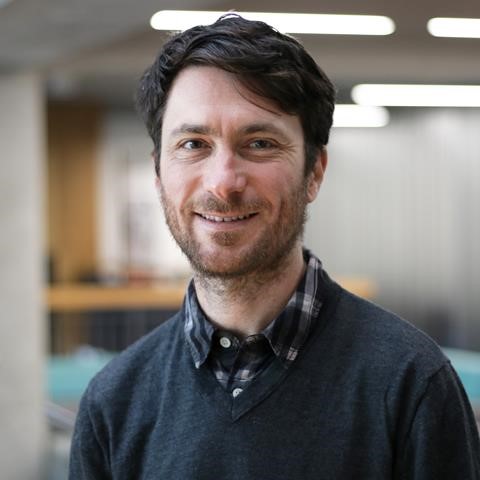
Dr David Rousell
Visiting guest speakerDr David Rousell is Senior Lecturer in Creative Education at RMIT University where he leads the Creative Agency Lab, a dynamic hub for transdisciplinary studies of creativity. His research is invested in a posthumanist reimagining of education in the Anthropocene, and works through speculative empirical approaches at the intersect of the environmental arts, process philosophy, and post-qualitative social inquiry. This often involves dynamic collaborations with children and young people as co-artists and co-researchers, leading to immersive exhibitions in public galleries, museums, universities, schools, and community art spaces. His latest book is titled Immersive Cartography and Post-Qualitative Inquiry, with a new book titled Climate Child Imaginaries (co-authored with Amy Cutter-Mackenzie-Knowles) in press for publication in early 2022.
